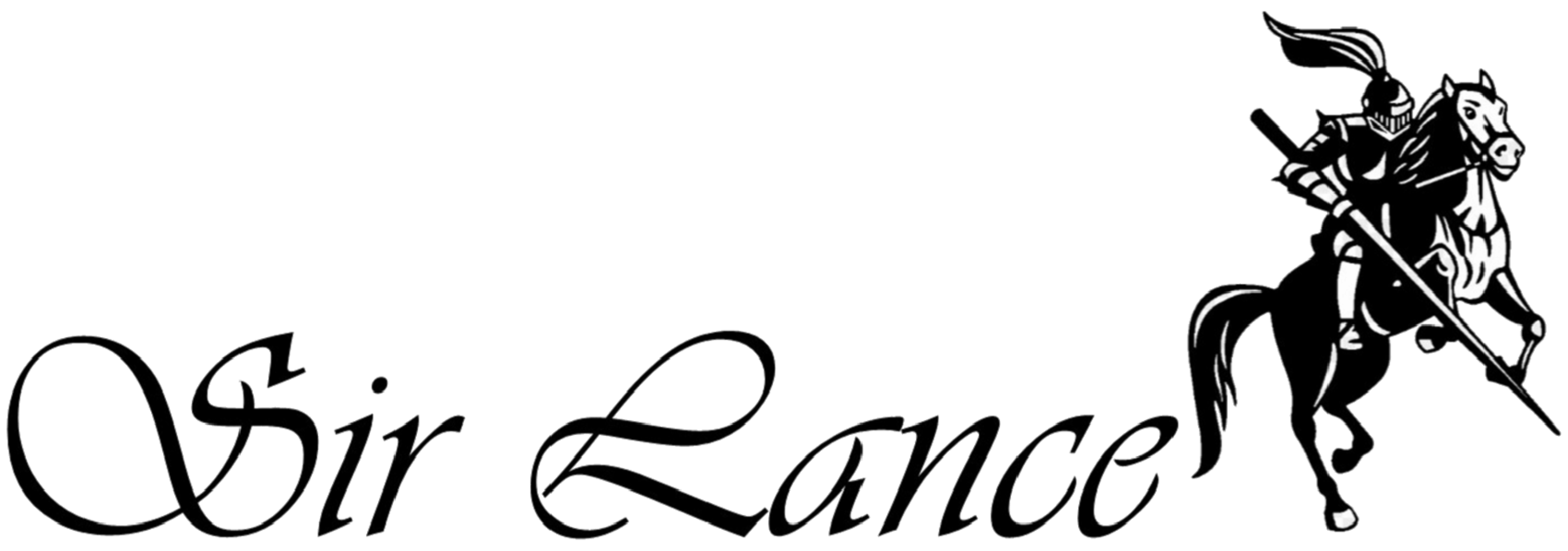What We Stand For
Change 579 of the Canadian Criminal Code – Stop protecting elites!
No-one is Above the Law – Change 579 of the Canadian Criminal Code !!
Prosecutors are letting political elites commit crimes!
In 1986 the Law Reform Commissioner published a Working Paper 52 entitled Private Prosecutions . Parliament responded to this report and in 2002 created s. 507.1 for private prosecutions. The main purpose of private prosecutions was to enable citizens to bring police and government officials before criminal courts.
Using section 579, the Crown intervenes in cases for which s. 507.1 was created, letting police and politicians go free! It undermines the whole point to 507.1
The Canadian Charter was designed to protect us from government. For one arm of government (Crown’s office) to protect other arms of government (police and politicians) and deny us justice, is an infringement of our right to Equal Benefit and Protection under Law. It also jeopardizes our right to Life, Liberty and Security of the Person.
It is also contrary to those same rights, that the Crown can stay or withdraw charges, simply by uttering the words “public interest”. We have a right to an explanation.
We the people demand section 579 (1) of the criminal code be change, and adjust relevant sections that may interfere with this change.
Existing iteration
579 (1) The Attorney General or counsel instructed by him for that purpose may, at any time after any proceedings in relation to an accused or a defendant are commenced and before judgment, direct the clerk or other proper officer of the court to make an entry on the record that the proceedings are stayed by his direction, and such entry shall be made forthwith thereafter, whereupon the proceedings shall be stayed accordingly and any recognizance relating to the proceedings is vacated.
Proposed iteration (Draft)
579 (1) The Attorney General or counsel instructed by him may, with full explanation in open court, stay a charge after process is issued, unless
(2) the charge is against a police officer or employee of the government, which must be pursued.

